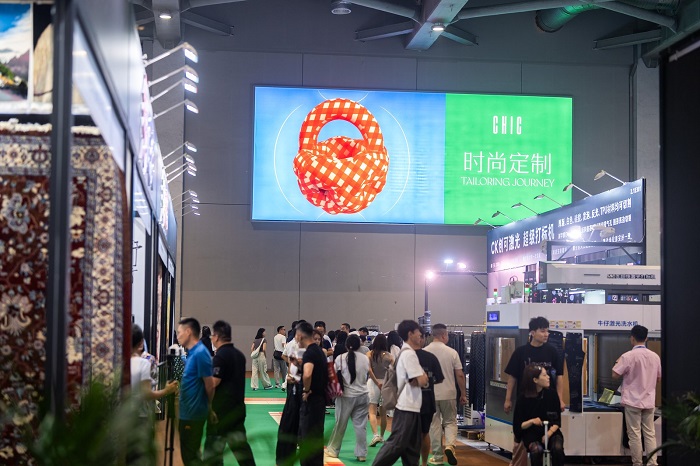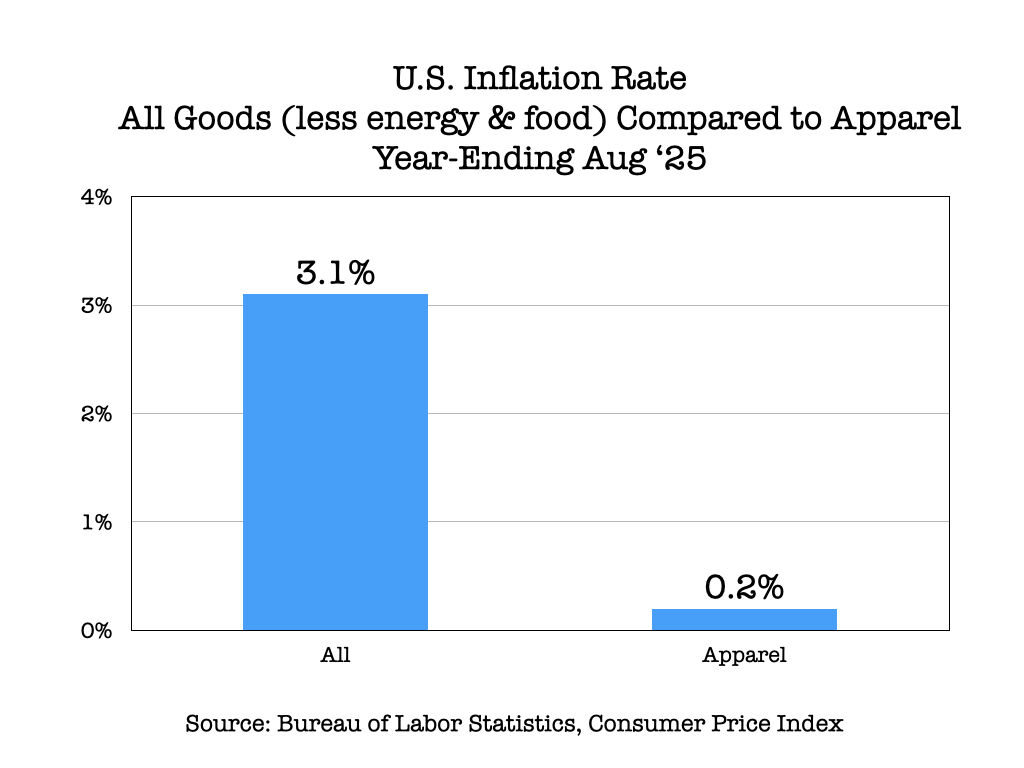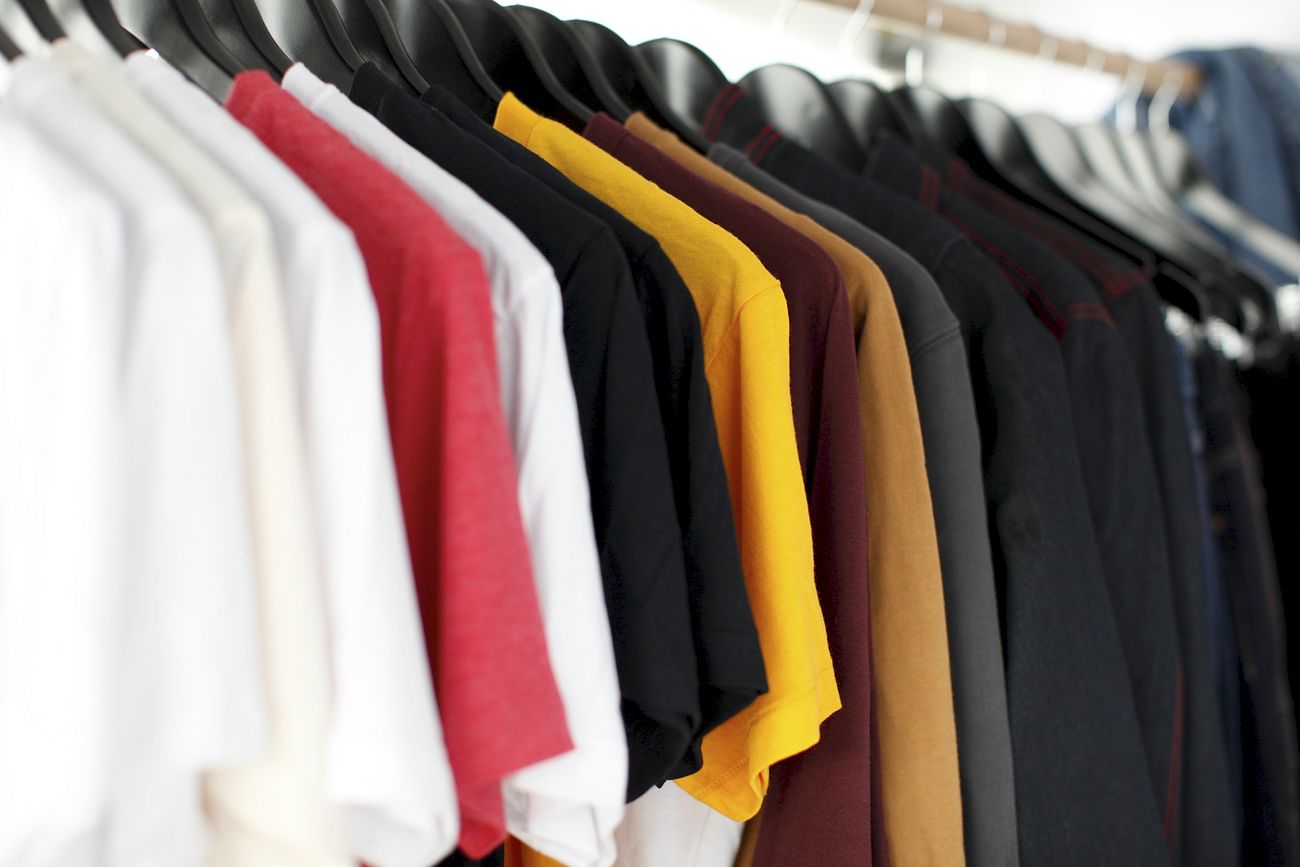FW
Industry partners in New Zealand have come together to develop and launch an independent online wool trading platform.
Called Natural Fiber Exchange (NFX), it draws on international models as an open access, independent trading platform and represents a cross section of the wool market. It is pro-competitive, transparent and encourages fair discovery of prices for the fiber products traded between buyers and sellers.
Buyers can compare all prices in real time with all parcels of wool available simultaneously over multiple rounds of bidding. An integral feature of the platform is as a tool to provide an objective reference point from the perspective of both buyers and sellers.
Online trading is playing an increasingly important role in international commodity markets. This platform is a natural evolution towards developing the most efficient means of selling significant volumes of wool.
Meanwhile farmer-to-merchant wool trading is set to kick into gear in the coming weeks, as shearing will commence on sheep farms across the country. However – like last year – the outlook for prices remains difficult.
Prices are down significantly on the prices achieved during 2016 and 2015. Buyers from China are not sourcing wool from Europe.
There has been no great increase in supplies just yet this year – despite the fine weather.
Walmart may step up sourcing from India for its global operations as the Flipkart acquisition gives it access to the huge supplier base of the e-commerce company.
The US retailer currently sources goods worth over a couple of billion dollars, such as apparel, generic medicines and handicrafts, from Indian suppliers such as Welspun and Dr Reddy’s for its stores in the US, UK, Canada and South America.
Walmart’s sourcing from India is still small compared with that from China. But the combination of its Best Price cash and carry business and Flipkart is now expected to help boost India’s contribution. The bigger base of suppliers from Flipkart will offer it more opportunities to source for its retail outlets abroad, while also allowing suppliers a wider exposure to overseas markets.
The India market opportunity for Walmart will in fact be meatier than that from building a larger supply chain to source goods for global markets. Between the cash and carry business and Flipkart, Walmart will focus more on India, with its backend systems and expertise in large-scale sourcing. It will focus on expanding the 100 million Flipkart customers.
Walmart has over 20 Best Price cash and carry outlets in India. In fiscal 2017, the India unit posted revenue of Rs 3,641 crores, of which two-thirds came from sales of food and groceries.
Many companies have relocated their footwear manufacturing business from China to Vietnam.
Adidas has halved the amount of footwear it makes in China since 2010, having moved most production to Vietnam. The nation has also overtaken China as Nike’s predominant footwear manufacturer – who held the title 10 years ago.
Uniqlo, the Japanese fashion company, has increased its suppliers in Vietnam by 40 per cent in the last year.
According to a survey by the United States Fashion Industry Association, the most common sourcing model is shifting from ‘China Plus Many’ to ‘China Plus Vietnam Plus Many.’
“The typical sourcing of portfolio today is the 30-50 percent from China, 11-30 percent from Vietnam, and the rest from other countries,” the report states.
Trade between Vietnam and the Middle East has gone up sharply in recent years.
The Middle East has a high demand for farm produce, pepper, cashew, coffee, seafood, garment and textile products, footwear, and wood products from Vietnam.
Vietnam enjoys a trade surplus with the Middle East.
But despite the increase in trade, Vietnam’s exports to the Middle East still account for a very small portion of the region’s total imports. Now the two sides are eager to promote economic, trade and investment ties.
Vietnam hopes to attract more investment from the Middle East . As the hub of the Middle East and the gateway to Europe and Africa, Vietnam could serve as an entry point to the global market for Vietnamese companies. In turn Vietnam could be the gateway to Southeast Asia for UAE firms.
Sasa, based in Turkey, is investing heavily in polyester and petrochemicals.
The polyester investment would mean enhanced production of polyester chips, fibers and filaments. Once the investment has been completed, Turkey is expected to move from a net importer of polyester to a net exporter. With the investment in the petrochemical field, Sasa will produce PTA (Pure Teraphthalic Acid) and MEG (Ethylene Glycol) which are its raw materials to meet its own needs. The rest will be sold.
Sasa is one of the world's leading producers of polyester fibers, filaments, polyester-based polymers, intermediates and specialty products.
The two projects are expected to reduce the current account deficit to about 3.8 billion dollars. With these investments, seven thousand additional jobs will be provided and the total production of Sasa will increase to about ten million tons.
Sasa began its activities in the polyester sector in 1966. It has a robust technical infrastructure. It also has its own raw material production plant. In 2000, it strengthened its leading position in the sector by establishing a joint venture with Dupont, the leading global chemical company of the world.
The company has been one of the pioneer corporations in its field, demonstrating rapid growth thanks to the incessant investments.
Texworld USA premier event on the East Coast will return to the Javits Convention Center, July 23-25, 2018, with over 700 international exhibitors representing a wide variety of global sourcing destinations in the fashion and home design categories. Texworld USA is a dynamic industry event and dedicated manufacturing sourcing marketplace for three days of business, networking and education. The summer 2018 edition will feature the largest exhibitor base, exciting pavilions and spotlight season focus.
Texworld USA is the perfect platform for designers, fabric buyers, product R&D specialists and sourcing professionals to explore products including fabrics and trimmings from over 15 product categories and 500 exhibitors. Apparel Sourcing USA is co-located with 200 suppliers and connects attendees with suppliers specializing in the production of garments and ready-to-wear for men, women and children. The summer 2018 edition will feature cutting-edge products, seminars, a new platform called Local Loft highlighting regional factories in collaboration with Fashiondex and a spotlight area.
The Texworld Showcase will highlight trends for the Autumn/Winter 2019/20 season, chosen by famous Texworld art directors.
Jana Platina Phipps, a New York City-based expert known as the Trim Queen, will be curating a trim activation. Known for her refined vision in the world of trimmings in fashion and home furnishings, Jana will also be conducting a hands-on passementerie workshop providing how-to and tips for attendees.
Texworld USA will be hosting engaging discussions and educational sessions for attendees and there would be educational seminar series and curated panel discussions which will feature speakers Laurie Pressman, Pantone Color Institute Vice-President. Textile Talks with discussions by StartUp Fashion and other industry professionals will also be seen.
Textile processors in the country’s largest man-made fabric (MMF) cluster in Surat have decided to increase job charges by Rs 2 per metre on processing of all kinds of finished fabrics from May 15.
This hike in job charges is attributed to increase in average cost of dyes, chemicals, coal and wages of textile workers.
According to South Gujarat Textile Processors’ Association (SGTPA) office-bearers, there was an average increase of 25 per cent in dyes, around 15 per cent in chemical and Rs1, 500 per tonne in coal price. There has also been a steep increase in labour charges in the processing sector.
At present, MMF cluster in the city manufactures around 2 crore metre of fabrics per day.
According to the Association of Italian Textile Machinery Manufacturers (ACIMIT), the order index for textile machinery for the period from January to March 2018 declined by 12 per cent compared to the same period in 2017. The value of the index was registered at 104.8 points.
This decline mainly affected orders for the domestic market. In Italy the index recorded an absolute value of 94.1 points, around 22 per cent less than the first quarter for 2017. The foreign markets recorded a decline of around 9 per cent with the absolute value of the index registering 107.2 points.
Alessandro Zucchi, President, ACIMIT President does not appear to be too worried by these results for the first three months of the year: “In Italy, we had a rebound effect following the heavy investments made during 2017.
The first three months of this year were characterised by a physiological slowdown that doesn’t concern our manufacturers who are used to processing an order portfolio of over four months.”
Even abroad, the situation is still considered positive. "Last year, orders were satisfactory abroad as well,” he continues. “For 2018, conditions remain for consolidating the growth trend, as evidenced by the good results obtained at recent trade fairs held in different countries, at which many of our manufacturers participated."
The Mimaki Tiger-1800B production-class textile printer offers high-volume digital printing, along with personalisation and high quality.
Being the first model to respond to the high volume production, the Tiger-1800B offers low cost, flexibility, efficiency, and customisation advantages of digital printing to mass manufacturers.
The production class textile printer has a printing speed of up to 385 square metres per hour.
It is available in direct to textile printing (reactive ink) and sublimation (heat transfer) versions. End-users can benefit from the possibility of working with dozens of fabric types produced from natural or artificial fibres, the possibility of mass production as well as sample printing, and cost reducing features such as technical applications and apparel printing with Tiger-1800B.
Levi Strauss recently sued Italy-based menswear brand Isaia Corp for infringing its ‘Tab device’ trademark.
The Tab device, which is made up of a textile marker or other material sewn into one of the regular structural seams of the garment including a back pocket, is used on Levi Strauss’s jeans and a variety of other clothing..
Levi Strauss alleged that Isaia has manufactured, marketed and sold substantial quantities of jeans that feature a pocket tab similar to its own. The claim stated that this is likely to confuse consumers about the source of Isaia’s products and/or the relationship between Levi Strauss and Isaia.
The company is also being sued for unfair competition and dilution of famous marks. Levi Strauss is seeking damages, lost profits and an enjoinment preventing Isaia from manufacturing the supposed infringing products.












